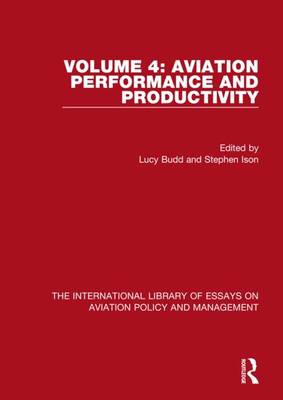
- Retrait gratuit dans votre magasin Club
- 7.000.000 titres dans notre catalogue
- Payer en toute sécurité
- Toujours un magasin près de chez vous
- Retrait gratuit dans votre magasin Club
- 7.000.0000 titres dans notre catalogue
- Payer en toute sécurité
- Toujours un magasin près de chez vous
Description
Modern airports are dynamic and increasingly commercialised facilities that are designed and managed to serve the needs of a diverse group of users, including airlines, passengers and, increasingly, private shareholders. Essays in this Volume investigate the implications of privatisation and changes in global airport regulation on airport pricing, the experience of airport privatisation in selected global markets and the impacts of airport privatisation on costs and efficiency.
One of the most important considerations for aviation operators is the level of service they provide to their customers and issues of airline and airport service quality are addressed in this Volume. Of course, both objective measures and individual customer perceptions of service quality depend not only on material assets and infrastructure but also on airline and airport employees delivering the standardised service expectations of their employers. As numerous industrial disputes have shown, employee dissatisfaction with terms and conditions of employment can escalate into strikes or work to rule which have the potential to seriously damage both a company's reputation and its bottom line. Managing people in aviation is thus critical to aviation performance and productivity and the essays in this Volume examine not only the effect of low cost carriers on industrial relations but also the role of gender in the delivery of, particularly airline, services.
Spécifications
Parties prenantes
- Auteur(s) :
- Editeur:
Contenu
- Nombre de pages :
- 414
- Langue:
- Anglais
- Collection :
- Tome:
- n° 4
Caractéristiques
- EAN:
- 9781472451583
- Date de parution :
- 23-10-19
- Format:
- Livre relié
- Format numérique:
- Genaaid
- Dimensions :
- 178 mm x 246 mm
- Poids :
- 839 g

Les avis
Nous publions uniquement les avis qui respectent les conditions requises. Consultez nos conditions pour les avis.






